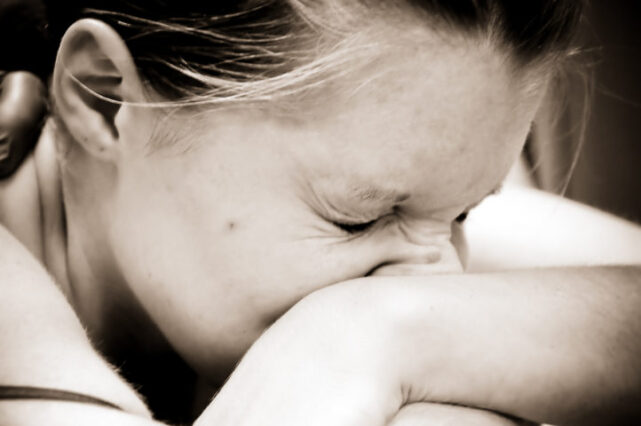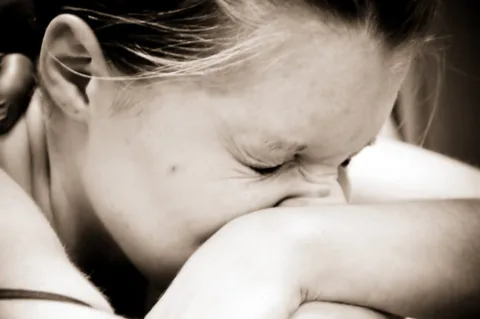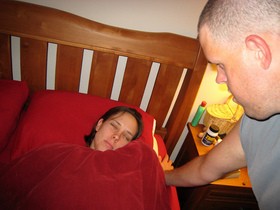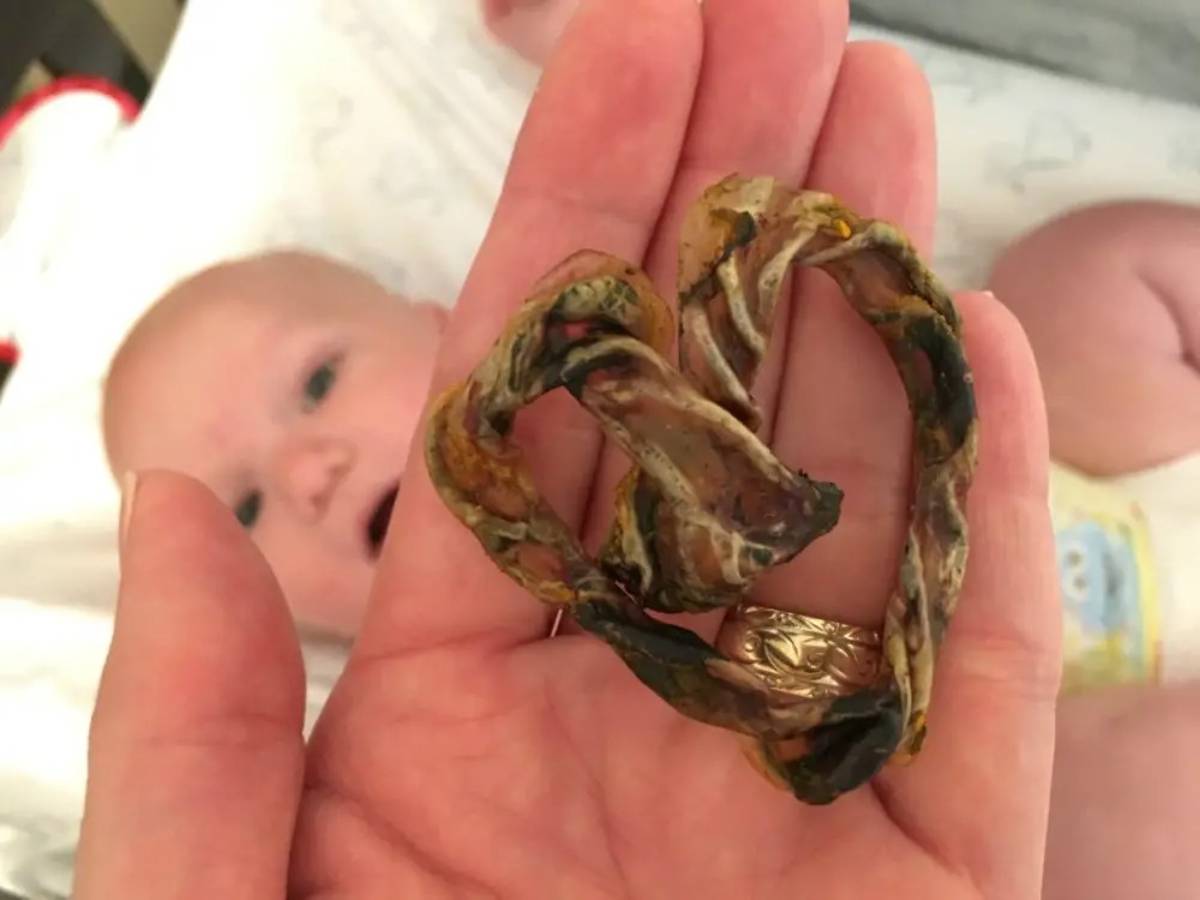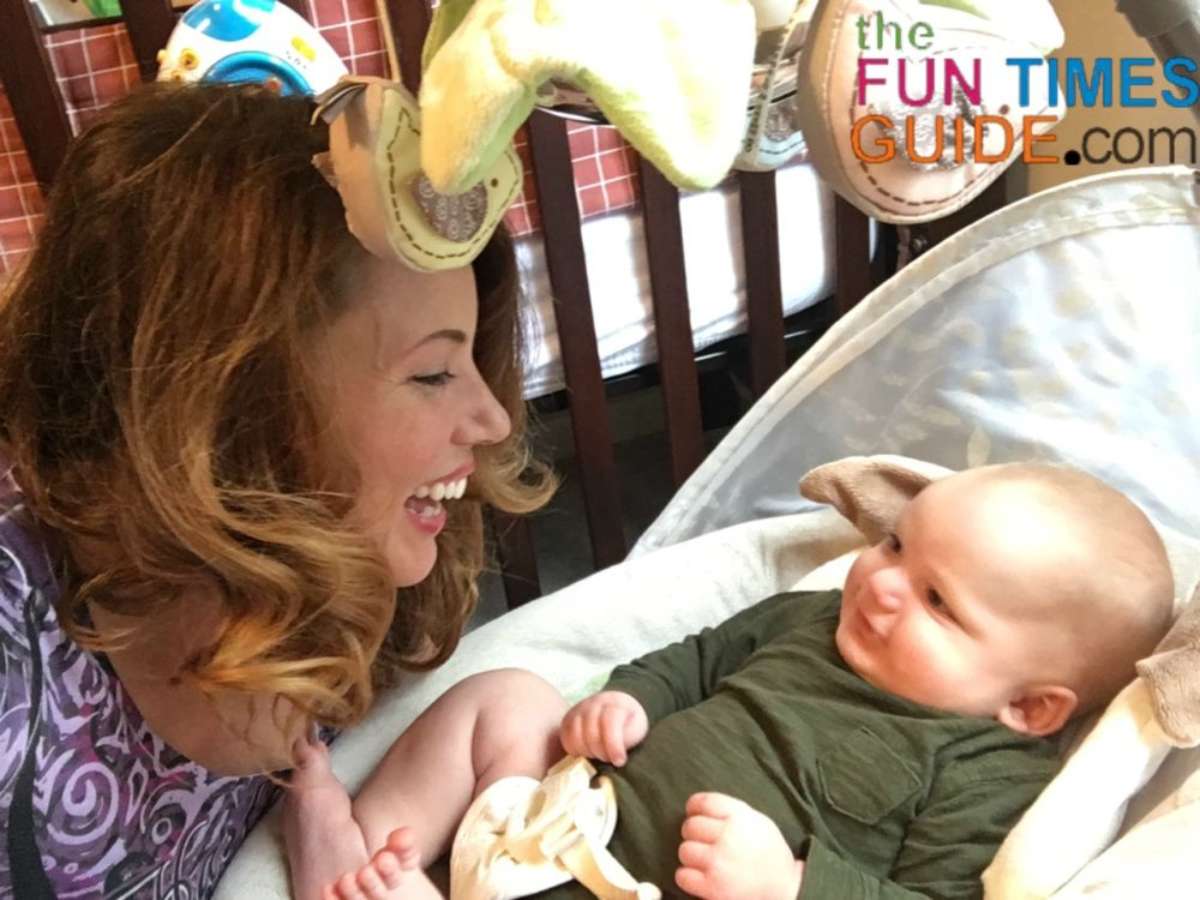While many women experience a rather uneventful pregnancy — in terms of pregnancy pains and discomforts — some are not so lucky.
The first trimester is often one that is filled with morning sickness and some general discomfort.
In fact, while many women don’t realize they’re pregnant until they are well into the first (or even second) trimester, a great majority of women first learn of their pregnancy after they start feeling unique body pains.
Let’s talk about some of the most common pregnancy pains that take place during the first trimester.
Implantation pain occurs when a fertilized egg is burrowing its way deeper into your uterus. It’s one of the first signs of pregnancy.
It can feel like minor twinges, aches, or even period cramps.
I now know that most of the premenstrual cramps I felt prior to discovering I was pregnant were indeed implantation cramps.
Some women do not experience implantation pain; some women do. If you experience it, be sure to bring it up to your doctor, so they can rule out any problems — just to be safe.
Here are the 7 signs of implantation that are commonly experienced during the first 2-3 weeks of pregnancy.
Breast pain occurs as your hormone levels increase during pregnancy.
Your breasts may become bigger, sore, and extremely sensitive to touch — especially during the first 3 or 4 weeks of your pregnancy.
You may experience 1 or 2 of these breast pain symptoms — or none at all.
Many women do what I did: forego wearing certain kinds of bras or start wearing maternity bras as soon as they find out they’re pregnant.
My breasts were so sore that I couldn’t even hug my kids or my husband. It was almost 3 months before the pain subsided.
Here’s what you need to know about sore breasts during pregnancy.
Abdominal pain during pregnancy occurs as your body changes and your uterus expands — in order to accommodate the new life that’s growing inside you.
You may experience abdominal pain especially around the times that your period would normally be due.
Some minor cramping is to be expected and is usually normal. But, if you experience severe cramping and abdominal pain, then you should see your doctor to rule out an ectopic pregnancy (see below).
Sometimes my abdominal pain during pregnancy felt like I was being chopped up inside! Since it’s recommended to avoid hot baths during pregnancy, I had to rely on Tylenol and heating pads to get relief.
Here’s a good explanation of various types of abdominal pain during pregnancy.
Headaches are one symptom of pregnancy that you don’t hear so much about. I’m not sure why — because, in my experience, headaches during pregnancy can be a real pain!
I suffered from headaches off and on all throughout my pregnancy. They were so bad that I ended up in the bed most of the day whenever they occurred. I never knew when they were coming, and I couldn’t get anything done while they were happening. I couldn’t even sleep when I was experiencing pregnancy headaches.
When you’re pregnant — especially during the first trimester — there aren’t a lot of medications you can take for the aches and pains you’re feeling.
After seeing my doctor and having her rule out issues like allergies and sinus problems, she said that I could take Benadryl and Acetaminophen together. It took awhile, but that combination was the only thing that would take the edge off my pain and knock me out so I could sleep.
Here’s when to worry about pregnancy headaches, and what you can do to safely alleviate the pain.
Ectopic pregnancy is when the pregnancy occurs inside the Fallopian tubes — instead of inside the uterus. In rare cases, it can happen inside of the cervix, abdomen, or ovaries.
Sometimes the pain of an ectopic pregnancy mimics the pain that you may experience in a normal pregnancy. Other times, the pain will be much more severe. It may also be accompanied by a fast heart rate, pain in the upper shoulder, bleeding, fainting, and even shock.
An ectopic pregnancy can be life-threatening if it is left undiagnosed or untreated.
If you experience any of the above symptoms, don’t wait til your next doctor appointment. Go to the nearest emergency room right away.
Many of the pregnancy pains you experience during the first trimester are a result of the drastic rise in hormones that is occurring to get your body ready to nurture and support a new life.
However, there are times where pain can indicate there’s a medical problem that needs to be diagnosed and treated right away.
If you’re experiencing any pain during your first trimester, you should see your doctor right away to rule out any underlying conditions that may have become aggravated due to the pregnancy.
Your doctor will provide you with the best course of treatment — based on your own personal health and pregnancy issues — so you’ll be pain free and comfortable in no time!
I’m a stay-at-home mom and writer. Having experienced the joys and discomforts of pregnancy 3 times, I have a lot of advice to offer expecting mothers. I’m committed to providing new moms with an in-depth and honest view on pregnancy, so you’ll have a better idea of what to expect and a good feel for what pregnancy is really like.
